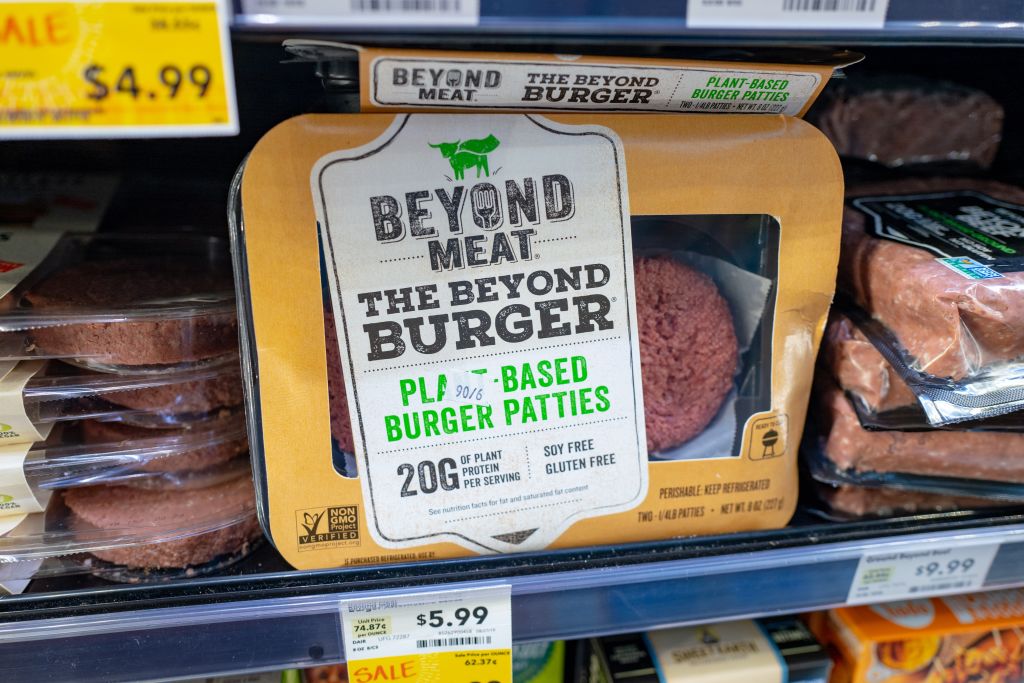European consumers are making uninformed decisions when buying foods due to a lack of clear legislation on European Union food labelling, according to a report by the European Court of Auditors (ECA).
The report, published on November 25, said consumers were increasingly confronted with misleading food labels. EU legislation did not provide sufficient protection against unclear information on food packaging, it is claimed.
“Instead of bringing clarity, food labels too often create confusion; there are hundreds of different schemes, logos and claims that people need to decipher”, said Keit Pentus-Rosimannus, the member of the European Court of Auditors responsible for the audit.
Such confusion, the report said, could also threaten the health and well-being of consumers as the labels may be confusing to those with allergies.
“People with food allergies may be faced with over-cautious allergen labelling and vague statements [as to what the products] may contain,” the ECA wrote.
The lack of clear nutritional labels on European supermarket products deprived consumers of making well-informed choices concerning their health, it added.
According to the non-profit European Food Information Council (EUFIC), obesity is rising dramatically in children as well as in adults in the EU.
“It is expected that by 2030, over half of Europe will live with obesity – up to 89 per cent in some countries. No member state is on track to reach the target of halting the rise in obesity by 2025,” the EUFIC wrote in an article published in October 2024.
In its report, the ECA noted an increase in labels, logos and claims with undefined terms such as “natural”, “fresh” or “antibiotic-free,” which, it said, confused consumers.
It stated that many environmental claims on products often constituted “greenwashing”, a deceptive practice where a company or entity misleads the public into believing that it is doing more to protect the environment than it actually is.
The ECA also emphasised what it said was the lack of consumer education, noting the EU allocated just €5.5 million to food-label awareness campaigns from 2021 to 2025.
The auditors criticised what they said was the lack of collective effort among member states, as key food regulations —such as nutrition labelling, green claims, animal welfare, and origin — were frequently managed at the national level.
The European Court of Justice has ruled that plant-based foods can continue to use terms traditionally associated with meat, such as “steak” or “sausage,” provided their ingredients are clearly labelled and do not mislead consumers. https://t.co/a0Y0BNKPZD
— Brussels Signal (@brusselssignal) October 7, 2024
According to the ECA, the unclear EU regulations on food labelling, such as the Food Information to Consumers Regulations (FIC), were insufficient to protect consumers.
“The fact is that weak EU legislation can lead to consumers being fooled,” the ECA wrote.
It also claimed relevant checks were “nearly impossible to conduct on non-EU websites” and added that fines were not always enough to prevent abuses.
Pentus-Rosimannus said: “Companies can be very creative in what they put on packaging and EU rules have not caught up with a constantly evolving market, leaving some 450 million European consumers vulnerable to intentionally or unintentionally misleading messages.”
The ECA made a number of recommendations, including addressing the gaps in the EU legal framework for food labelling, stepping up efforts to analyse labelling practices and taking action to improve consumer understanding of food labelling.
On November 26, the European Commission told Brussels Signal it recognised that relevant EU legislative framework needed to be tightened and improved.
“EU law ensures that consumers receive clear food information and empowers them to make informed choices. It requires that food information is correct evidence-based and not misleading. Despite current rules, there may be enforcement gaps where misleading labels end up on the market,” the body added.
It did not specify when it planned to update the current legislation.





